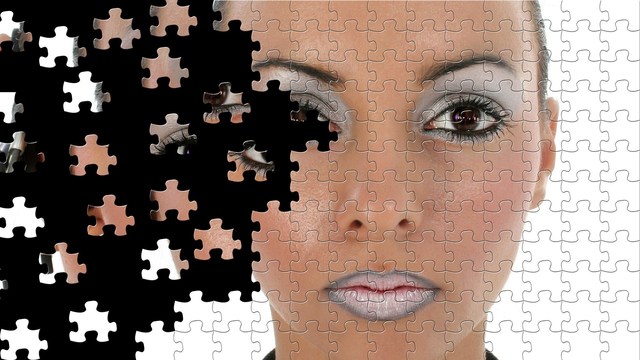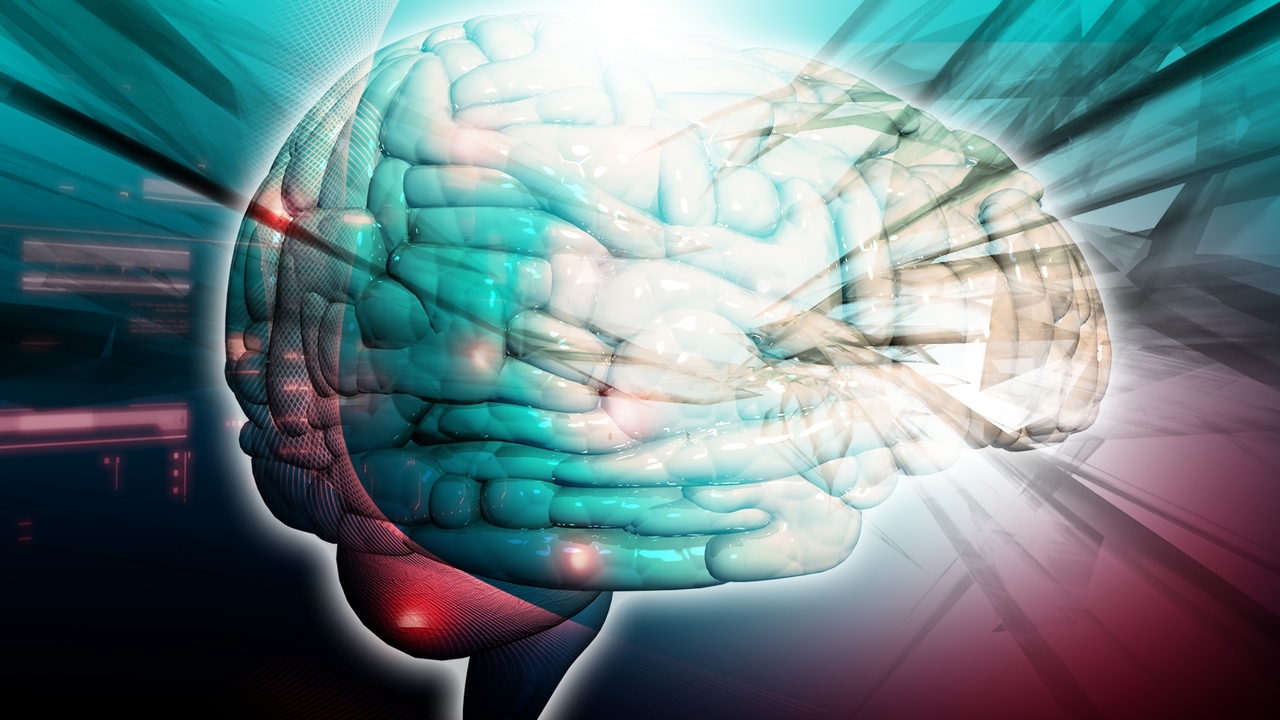 Jaimie Duplass/PhotoSpin
Jaimie Duplass/PhotoSpin
We have talked about shingles many times on EmpowHER, informing our readers about what do to prevent an outbreak (get vaccinated) and what to do when an outbreak occurs. We have answered many questions about shingles in the ASK/SHARE section in our Community forum.
Now new findings are showing that aside from the awful pain and discomfort this condition brings, shingles may also be instrumental in causing stroke in some people.
Medical News Today reported on a study headed by Dr. Judith Breuer from University College London in the United Kingdom. The study was recently written about in the journal Neurology, from the American Academy of Neurology.
According to her findings, the shingles rash on its own (as opposed to other risk factors like obesity and high cholesterol) can increase the odds of stroke by up to three-quarters, for some people.
Additionally, "people under 40 years of age who had had shingles were 74% more likely to have a stroke than those who had not suffered the rash." People younger than 40 years "were significantly less likely to be asked about vascular risk factors than were older patients" in the study. The study also looked at risk for heart attack. (1)
Somewhat understandably, people under the age of 40 are less likely to be asked about their heart health than an older person, possibly giving a false sense of security to some who may not be aware of findings reported in studies like these. Doctors may need to reconsider their questions for those under 40.
The reason why stroke may happen when a person has shingles is that the varicella-zoster virus that causes shingles as well as chickenpox can affect one part of the facial nerve, then spread to the cerebral arteries, which is the place in the brain that triggers a stroke.
Authors noted that shingles damage to arteries has been found on autopsy in those who did not have a rash at all and in those who had shingles in areas outside of the face.
This study was done over an 8-year period. The patients who had shingles were matched with those who had not in this controlled study.
An EmpowHER article "Be Aware: When Not to Get the Shingles Vaccine" by Michele Blacksberg, RN discussed the somewhat controversial shingles vaccine, which may or may not be right for everyone.
While the CDC recommends the vaccine to those over 60 to prevent this very painful condition, there are some people who should consult their physicians and think hard before choosing this vaccination.
Writer Michele Blacksberg says contraindications include:
"A weakened immune system because of:
"◦ HIV/AIDS or another disease that affects the immune system
"◦ Treatment with drugs that affect the immune system, such as steroids
"◦ Cancer treatment such as radiation or chemotherapy
"◦ A history of cancer affecting the bone marrow or lymphatic system, such as leukemia or lymphoma
"◦ Active, untreated tuberculosis
"- Women who are or might be pregnant. Women should not become pregnant until at least three months after getting shingles vaccine."
Others who should not get the vaccine can include those with allergies to gelatin or other ingredients that makes up the shingles vaccine. They should talk to their doctors about these details.
Shingles is a very painful and uncomfortable condition that can last an extended period of time. According to the Mayo Clinic, it's more common for those over 50 and about half of adults who reach the age of 85 will get the virus.
If the vaccine is something that will not cause adverse reactions, it is certainly something to consider, particularly with these new studies that link the virus to stroke, especially for younger people.
While most people will be over 50 if they get the shingles virus, nobody is immune to the virus if they have had chickenpox. Talk to your health care provider if you are considering this vaccine or are worried about shingles in general.
Sources:
1. Medical News Today. "Shingles rash linked to higher risk of stroke". Retrieved January 4th, 2014.
http://www.medicalnewstoday.com/articles/270711.php
2. EmpowHER.com. Skin, Hair and Nails. Shingles. Be Aware: When Not to Get the Shingles Vaccine. Retrieved January 4th, 2014.
https://www.empowher.com/shingles/content/be-aware-when-not-get-shingles...
3. Shingles. Mayoclinic. Retrieved January 4th, 2014.
http://www.mayoclinic.org/diseases-conditions/shingles/basics/risk-facto...
4. Breuer, Judith MD et al. Herpes zoster as a risk factor for stroke and TIA
A retrospective cohort study in the UK. Published online before print January 2, 2014, doi: 10.1212/WNL.0000000000000038 Neurology 10.1212/WNL.0000000000000038. Abstract at:
http://www.neurology.org/content/early/2014/01/02/WNL.0000000000000038
Reviewed January 6, 2014
by Michele Blacksberg RN
Edited by Jody Smith





Add a CommentComments
There are no comments yet. Be the first one and get the conversation started!